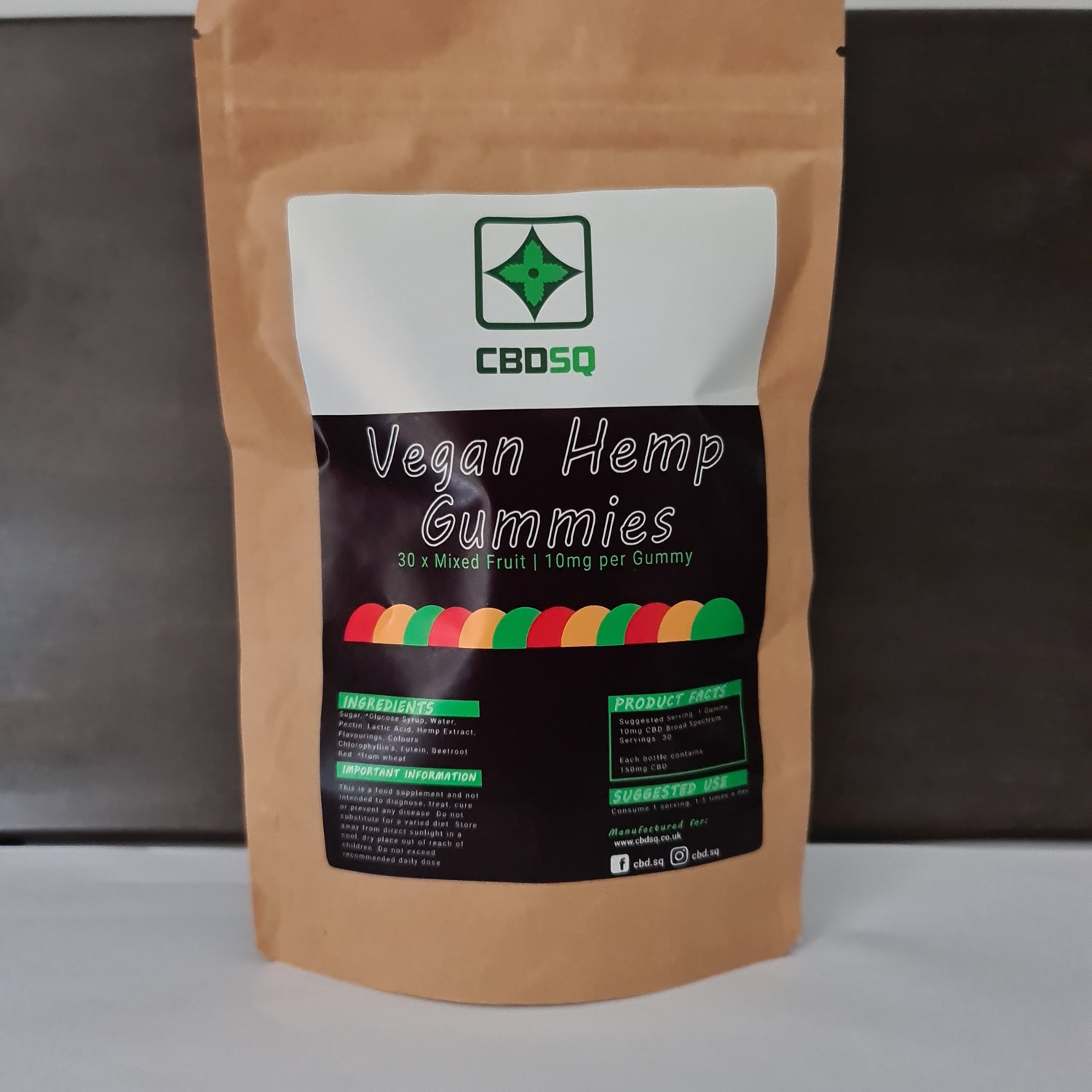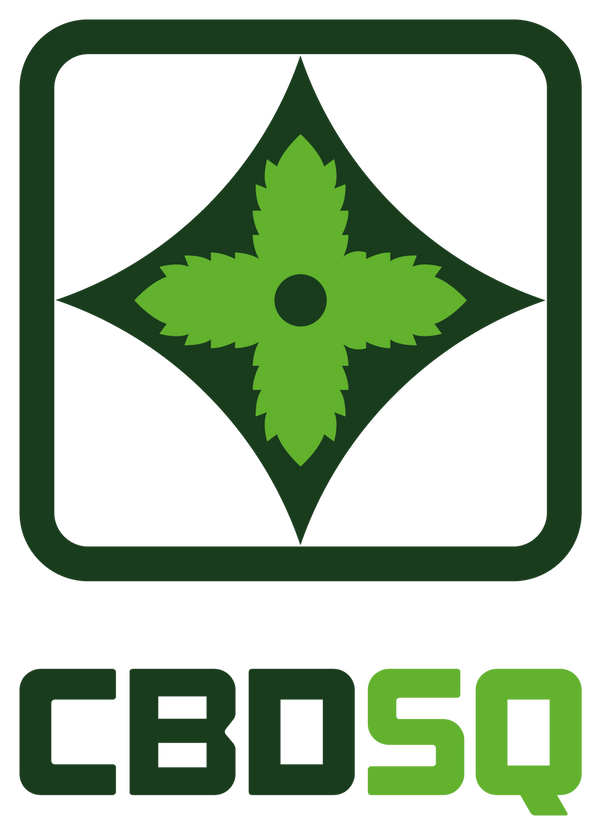Considering CBD For Muscle Recovery? Here’s What You Need To Know - According to Men's Health
Cannabidiol is having a moment. Though you may not recognize its scientific moniker, you've probably seen it referred to by its buzzy nickname: CBD.
CBD is everywhere these days, and in a variety of forms. You can find it in capsules, gummies, tinctures, oils, balms, cocktails, cookies—even coffee sold at small-town bakeries. Its market share in the health and wellness space will likely only continue to grow, with some analysts estimating its value will hit $2 billion by 2022.
CBD has a lot of purported benefits with a lot of anecdotal (and some scientific) evidence to back those claims. Everything from helping cancer patients fight nausea, to acting as a sleep aid for people with insomnia, to reducing seizures in children with a severe form of epilepsy known as Dravet Syndrome.
While those seem like potentially huge breakthroughs, CBD is also said to help with smaller stuff, like helping you recover faster from workouts thanks to its anti-inflammatory properties. Before you dive into a pool of CBD oil, here’s everything you need to know.
Why are we sore after a workout anyway?
No matter how fit you are, sometimes you just feel it after a workout. Some workouts can leave you sore for days. That’s because, as the United Kingdom’s National Health Service (NHS) explains, working out causes microscopic damage to muscle fibers. Those muscles then become inflamed, which triggers the body to respond and repair, causing muscle soreness or stiffness.

Cool. So, what exactly is CBD again?
CBD is one of more than 100 chemical compounds found in cannabis plants, which include both marijuana and industrial hemp. CBD is a close chemical cousin to THC, or tetrahydrocannabinol, the chemical compound found in marijuana that causes a psychoactive effect (AKA, the stuff that gets you high).
Though CBD is just one atom arrangement away from becoming THC, that microscopic difference is actually huge. No matter how much CBD oil you consume or how much CBD balm you rub on your body, you cannot get high from it. Which means...
I can legally buy CBD?
Yes. In December, President Donald Trump signed a new Farm Bill, which, among other things, legalized the growth, distribution, and sale of industrialized hemp, allowing it to be “cultivated for any use"—including the production and extraction of CBD.
There are a few caveats to the bill, but generally you’re now safe to buy CBD across the United States. Even professional athletes can use CBD, as the World Anti-Doping Agency (WADA) removed it from its prohibited substance list in 2018. So relax, your gold medals are safe.

